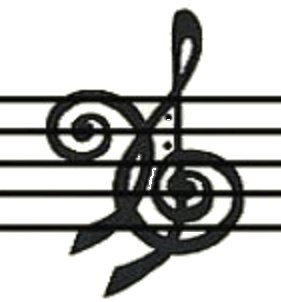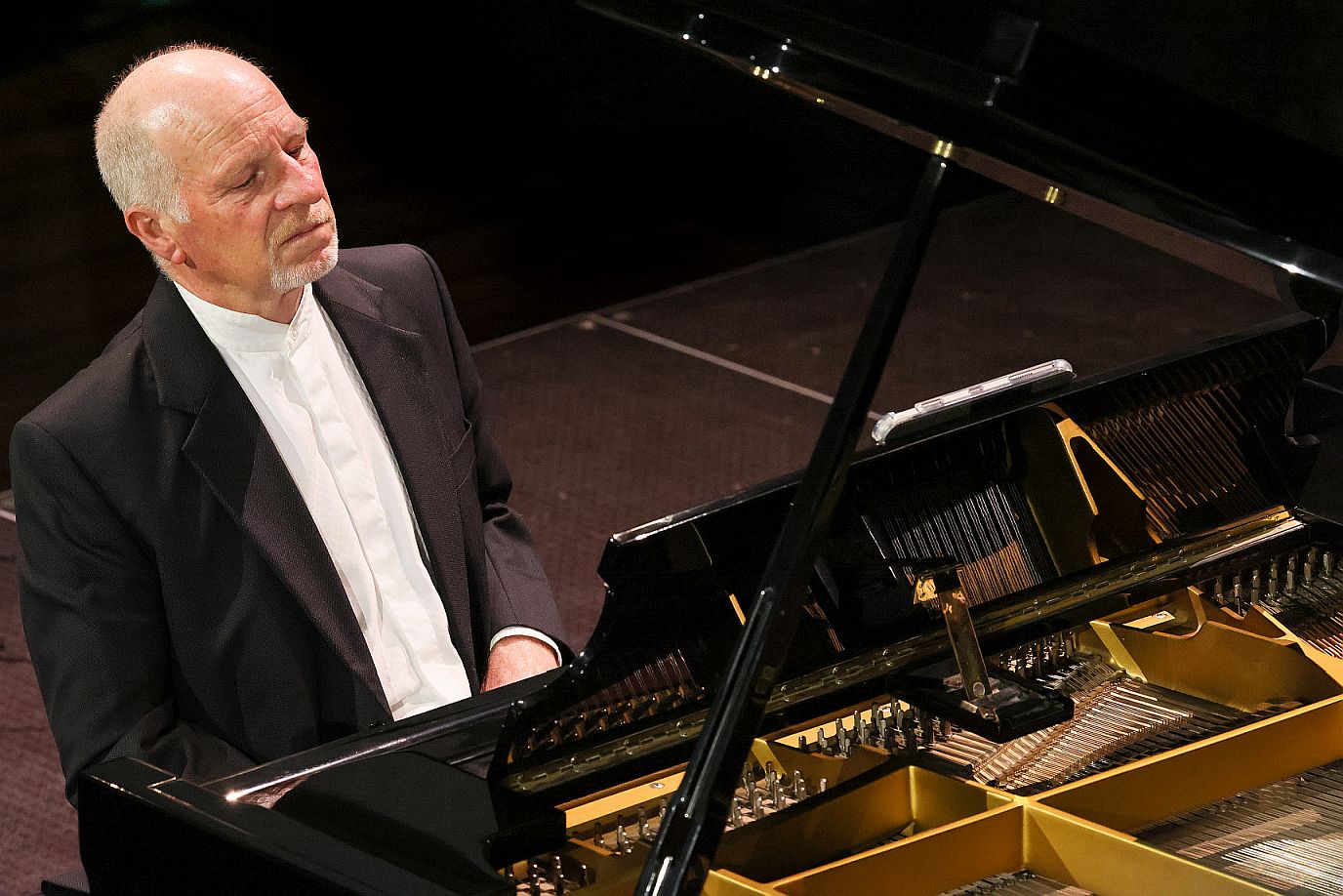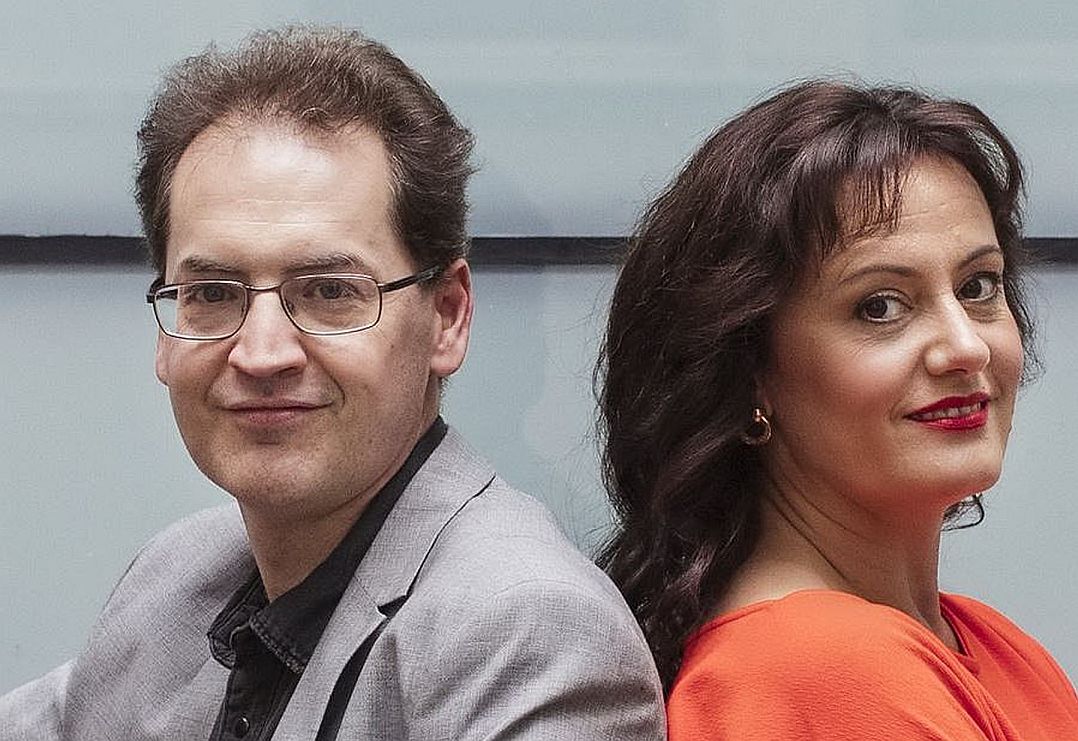Amici Quintets
Saturday 27 April, 2:30pm
doors open 1:45pm
Amici Ensemble – String Quintets

Back row: Andrew Thomson (viola), Alexander McFarlane (viola), Andrew Joyce (cello)
Front: Yuka Eguchi (violin), Donald Armstrong (violin)
Programme
String Trio, 3rd movement
“Yabo” for Violin and Viola
It has been quite some time (2016 in fact) since our regular favourites the Amici Ensemble played a concert for strings only. It will probably be a welcome calming interlude for them after the huge resources – nineteen musicians on many varied instruments – that were required for 2023’s Brandenburg Concerto concert.
Two New Zealand compositions from different generations – Ronald Tremain’s 20th century String Trio and Salina Fisher’s 2017 ‘Yabo’ for violin and viola – will open this concert before we hear two of the greatest string quintets ever written.
The quintets in this concert are Viola Quintets, with an additional viola added to the standard string quartet combination. Mozart wrote a huge amount of music for strings, including six Viola Quintets. K515 is a late work in which he reached the peak of his chamber-music inspiration. The impressive String Quintet by Brahms is also a late work – he originally intended it to be his final composition. There is no doubt that this impressive masterpiece stands as a towering achievement by one of the greatest chamber music composers.




